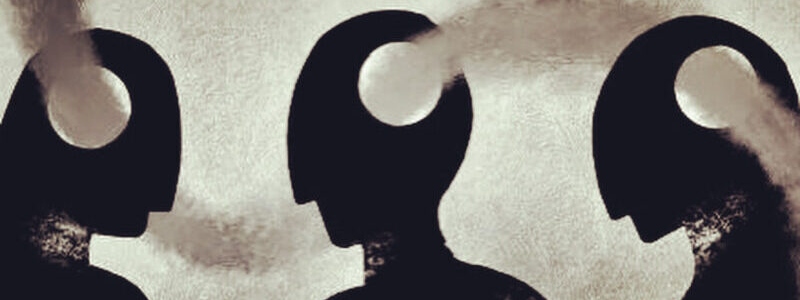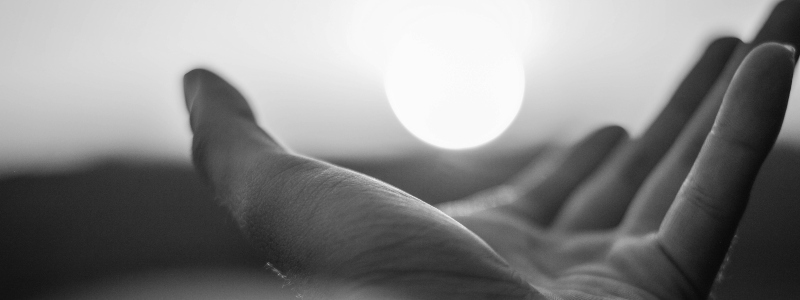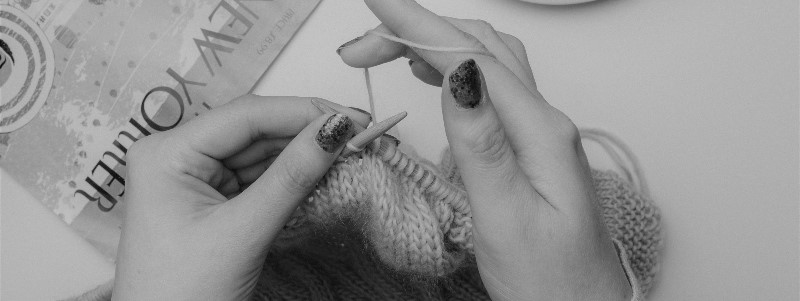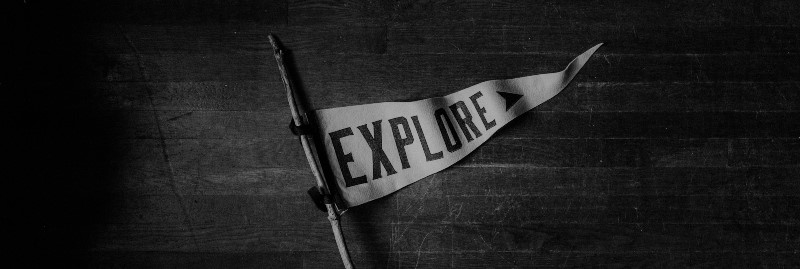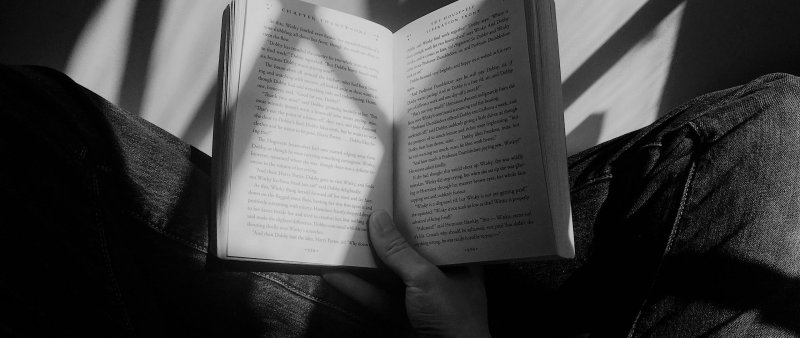Sometimes it is much easier to recognise the signs of lack of self-care in other people, than it is to see it in ourselves. What do we mean by self-care? The expression sounds self-explanatory, but do we know what it involves?
Most people recognise signs of depletion when they begin losing energy, passion and creativity. Signs of stress generally manifest in the body in the form of colds, flu and tiredness. There might be a lack of engagement with life or even depression.
Things begin to feel dull or quickly overwhelming.
Physical self-care
Attending to our bodies is usually the easiest way to begin self-caring. Body and mind are invariably interlinked, therefore if something isn’t right in our bodies it is a sign that it demands our attention. Paying attention and getting to the bottom of things isn’t a linear process. Whether medical intervention is required or not, it does not change the fact that our body is going through something which needs to heal.
Listening to our bodies requires presence, discipline, and willingness. It is worth investing time and effort in finding out what our body needs and what is best for it.
Emotional self-care
The link between stress and physical illness is estimated at 75-90% depending on the source, which is why attending to our emotional well-being is vital in the treatment of many physical conditions. Movement or lack thereof is mostly dictated by thoughts and feelings. Our bodies constantly react and respond to emotional and
mental stimulus. How we interact with over- and under-stimulation is often the key to how we live, and as a result, to how we feel. Learning emotional self-care entails learning to pay close attention to our thoughts, feelings, and behaviours. Many of our emotional responses are unconscious and therefore making them conscious helps us understand what we are responding or reacting to and make more informed choices.
Self-care in relationships
Relationships are both fulfilling and challenging because we interpret the world and place ourselves in it through the approval and acceptance of others. Loving and being loved is vital for human beings because we depend on it for our survival. The balance between attending to self and attending to others is something which we learn early in life and consolidate throughout adulthood. When the balance is ‘off’ we can end up losing ourselves by placing too much value on relationships, or not valuing enough the relationships which are most vital to us. We live in a complex web of give and take, constantly negotiating or prioritising our needs and the needs of others. Giving or taking too much or too little says something about ourselves and determines how we feel.
Spiritual self-care
I use spirituality as a broad term for anything which looks beyond our immediate need for survival and safety, towards higher meaning, purpose, and fulfilment. These aren’t distractions or entertainment, but activities which enhance our emotional, psychological, and physical relationship with ourselves and other people. It is also ultimately about relationship to self and our place in the world. Some people find this through spending time in nature, physical activities, and/or religious and spiritual practices. Spirituality is deeply personal and something we all should care about because meaning and purpose is what makes life worthwhile.
In summary, true self-care is about engaging with ourselves on a physical, emotional and spiritual level and managing our personal boundaries within the relationships which matter to us. Psychotherapy can be a place to learn to self-care on a deep level and hopefully create an imprint which is sustainable in the long-term.
Sam Jahara is a UKCP registered Psychotherapist, Supervisor and Executive Coach. She is also the co-founder of Brighton and Hove Psychotherapy. Sam works with individuals and couples from Hove and Lewes.
Further reading by Sam Jahara –
Radical self care as an antidote to overwhelm
The adult survivor of neglect and abuse – lifelong considerations

